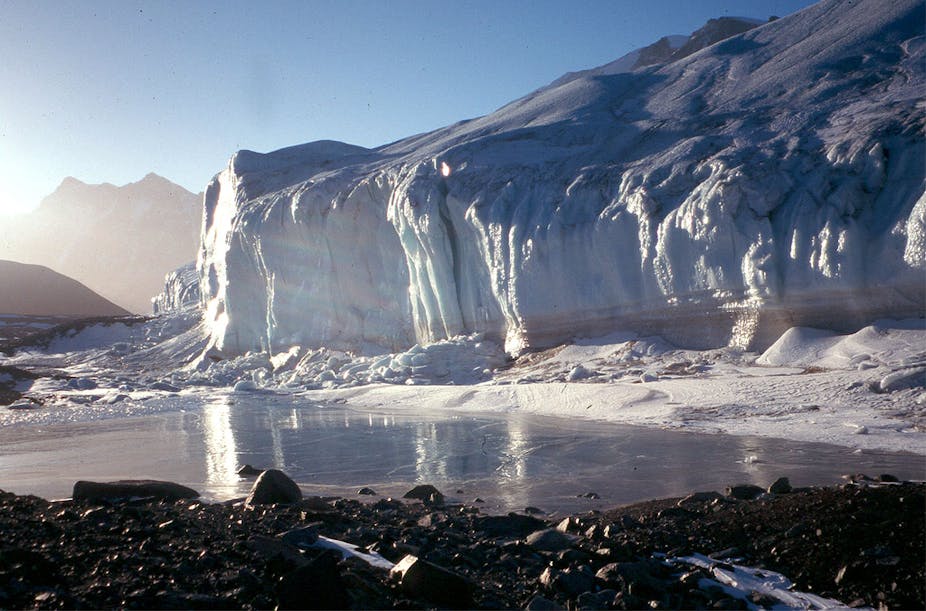The peak body for Australian universities is “seriously concerned” by revelations of death threats against top climate scientists, arguing that democracy depends on academics being able to conduct research in an environment that supports free intellectual inquiry.
The Canberra Times newspaper reported on Saturday that climate scientists from the Australian National University, the University of NSW, the University of Melbourne and other unnamed universities had been subjected to threats of violence, sexual assault or attacks on family members.
Some had upgraded security measures in their homes and workplaces after receiving abusive emails and death threats, the paper reported.
Dr Glenn Withers AO, CEO of university sector body Universities Australia, said the news was very worrying.
“Universities Australia is seriously concerned at the revelation of a campaign of threats made to climate scientists who are prominent in the public discussion of the climate change issues that are so important for Australia’s future,” said Dr Withers, who is also a former professor of Public Policy at the Australian National University.
“Four things must be done: the source of the threats should be determined and appropriate charges or treatment considered; the ongoing safety of the scientists must be assured by appropriate security arrangements; the threatening behaviour must be condemned widely by responsible political and community leaders; and, aggressive and confrontational public discourse that can feed such behaviour should be rejected by our leaders,” he said.
Firm action must be taken to end systematic and sustained harrassment, he said.
“It is mightily important that we do so. Free intellectual inquiry and informed and civil public debate are essential foundations of a strong democracy,” he said.
Climate scientists in the UK and the US have also been threatened. Some of the abusive emails called the scientists Nazis and urged them to “go gargle razor blades.”
Science magazine published an open letter in May last year signed by scores of scientists calling for an end to harrassment of climate scientists.
“Many recent assaults on climate science and, more disturbingly, on climate scientists by climate change deniers are typically driven by special interests or dogma, not by an honest effort to provide an alternative theory that credibly satisfies the evidence,” the letter said.
“We also call for an end to McCarthy-like threats of criminal prosecution against our colleagues based on innuendo and guilt by association, the harassment of scientists by politicians seeking distractions to avoid taking action, and the outright lies being spread about them.”
Professor Steven Sherwood, Co-Director of the UNSW Climate Change Research Centre (CcRC) and a colleague of one of the UNSW scientists who had been threatened, Andy Pitman, said he had not been harassed but that “I seem to be an exception around the CcRC.”
Those issuing the threats are motivated by fear, he said.
“I see this as a result of fear-mongering campaigns against action on climate change, telling people the sky will fall if we do anything. This builds fear and anger,” he said.
The NSW government’s whip in the upper house, Peter Phelps, last week used a speech to parliament on global warming to describe scientists as “some of the strongest supporters of totalitarian regimes in the last century.”
“At the heart of many scientists - but not all scientists - lies the heart of a totalitarian planner,” the Sydney Morning Herald reported him saying.

